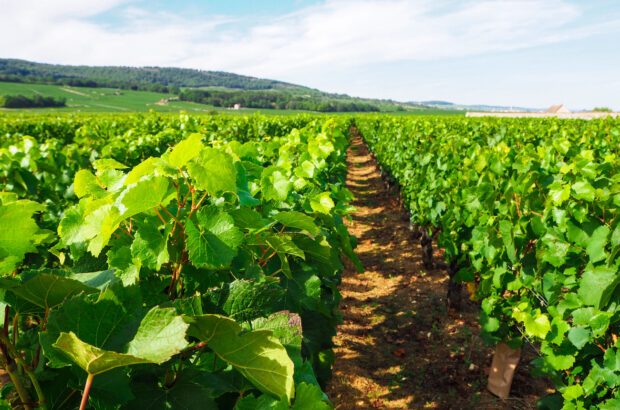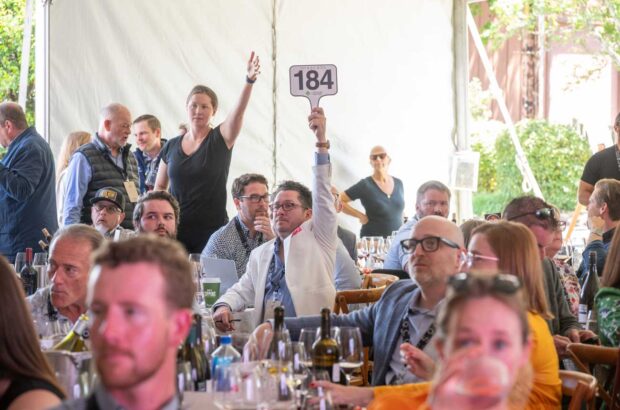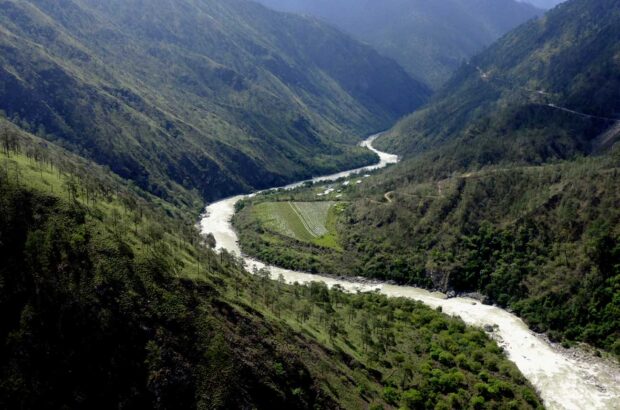Last week, Basque National Party (PNV) spokesperson Aitor Esteban announced the withdrawal of a bill that, if passed, would have granted Basque winemakers of the Rioja Alavesa region greater autonomy.
A proposal to establish a breakout Viñedos de Álava DO for Rioja’s Basque enclave was originally launched in 2016 by the Association of Rioja Alavesa Producers (ABRA), which represents over 100 local wineries. While a number of Basque producers continue to battle for the creation of an entirely separate denomination through the local Basque government, the bill that the PNV planned to discuss in parliament did not propose a rupture from the wider Rioja DOCa. On the contrary, it suggested the adoption of a system of sub-denominations similar to some already seen in other European wine regions.
‘There are some wineries that are pushing to get their own denomination through the Basque government, which has to listen to their demands and send them to the European Union,’ Esteban told Decanter. ‘We’re not against that, but since there are so many conflicting positions, we were trying to find a midpoint and discuss that in parliament. There is no need for a breakout, we can keep things under the umbrella of the Rioja DOCa.’
Indeed, the PNV’s bill proposed the creation of separate administrations for the three areas that are already recognised within the current Rioja DOCa regulations: Rioja Alta, Rioja Alavesa and Rioja Oriental.
According to Esteban, the bill was widely misunderstood, with both local and national media misreporting its intent, in turn stimulating an unpleasant political environment.
‘Anyone who has read our proposal has been able to verify that [it does not suggest a breakout],’ said Esteban. ‘The problem is that anything that has to do with the Basque country seems to be about breaking up Spain, it’s very easy to make accusations, so we have regretfully decided to withdraw the bill.’
The withdrawal arrived once the PNV secured the current Spanish Minister of Agriculture, Fisheries, and Food Luis Planas’ commitment to acknowledge the needs of Rioja Alavesa producers and discuss them with all parties involved – the Consejo Regulador, Basque wineries, and local governments – before a new reform can be drafted and debated in parliament.
‘Once it was confirmed [with the Minister of Agriculture] that it will be possible to discuss this issue in a more serene environment, we made the decision to withdraw the bill, so that things can get done rather than uselessly crash against walls,’ said Esteban.
José Luis Lapuente, general director of Rioja’s Consejo Regulador, welcomed the withdrawal of the bill, which he believes would have resulted in the fragmentation of the DOCa. ‘Since July 2020, the Consejo has fought hard to ensure that the future of the DOCa is not impacted by political interventions nor debated in forums which have no jurisdiction over the DOCa,’ said Lapuente.
He added: ‘The DOCa Rioja is a great success story and the Consejo will always strive to protect its reputation and credibility and will continue to address any future attempts to change the structure of the Denomination.’






